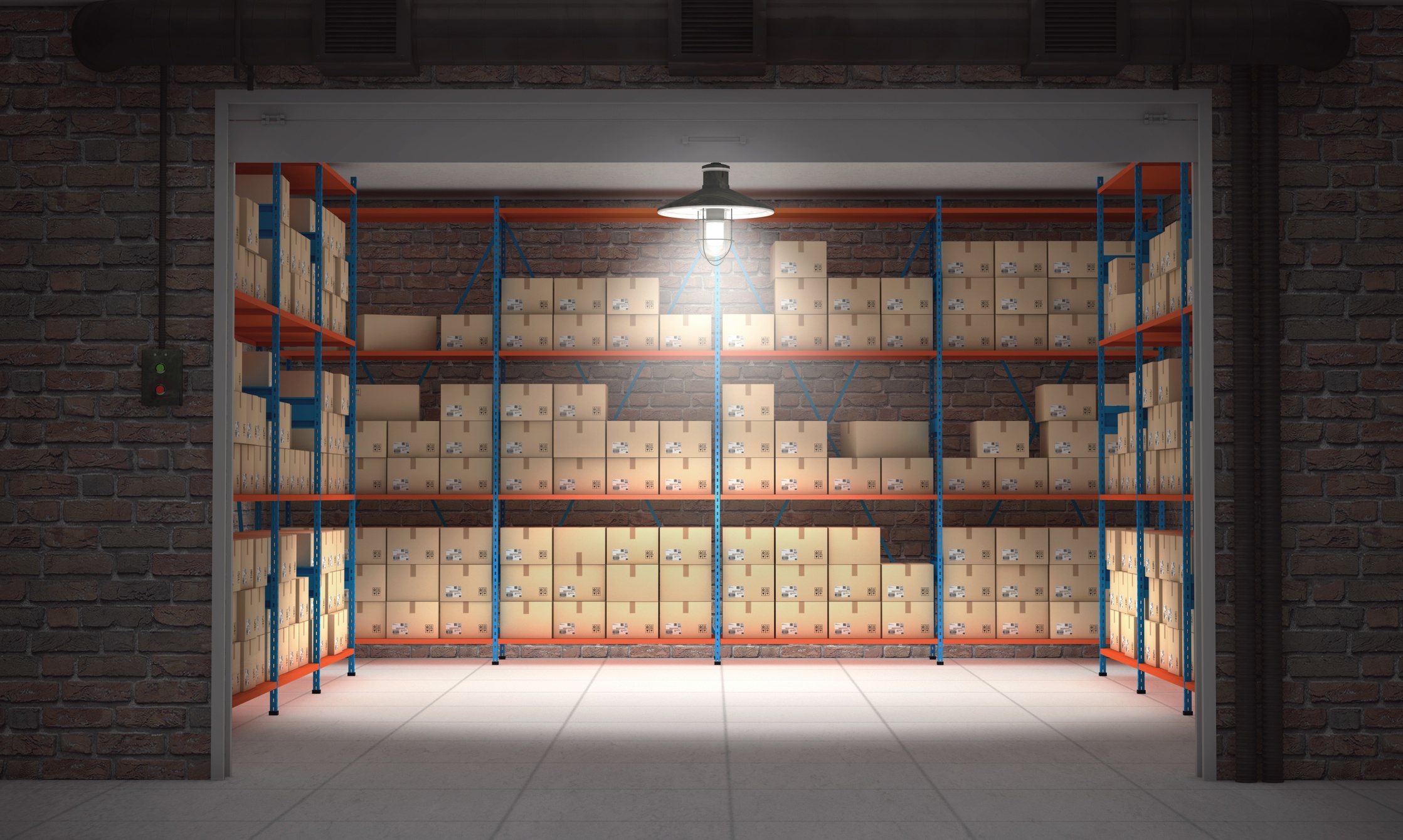Running a histology lab is going to involve a lot of research material that could easily become damaged if you're running out of space.
Even if you've run a successful lab for years, how are you coping for storage if you have no more room? Perhaps the answer is one of denial, despite creating a physical hazard for your lab employees.
The last thing you want is to have stacked boxes and containers standing around in precarious places. Since histology studies require exacting methods, having something obstructive could cause accidents or research errors.
If you can't fit any more research material on-site, it's time to outsource to an archiving facility. Here are four good reasons why you'll want to store your research at an archiving facility.
- Adhering to GLP
One of your main goals is to adhere to Good Laboratory Practices, and part of this is going to involve proper archiving. When dealing with materials like wet tissue, much of your research could become damaged without proper storage methods. Refrigeration units are perhaps impossible to fit into your lab for tissue samples.
In cases where you do have refrigeration available, the equipment might be too outdated. You don't want a freezer or refrigerator going out on you while doing critical research. With your reputation on the line, you should never chance it.
The same goes with microscopic slides, basic informational data, or retained samples. Something simple as a paper document could become lost if you still rely on disorganized filing systems.
- Keeping Your Research Secure
We're living in a time when anything can happen to data. Maybe you don't rely on storing your research material digitally. Regardless, anything could still occur, including a physical item being stolen.
Imagine coming to work to find out a document or research specimen went missing. This could place your entire research in jeopardy and potentially ruin your reputation.
By outsourcing to an archiving facility, you'll get 24-hour video surveillance, burglary alarms, and monitoring for power failures. In the latter case, not knowing about a power failure could mean all your specimens spoiling while in an on-site freezer or refrigeration unit.
- Protection From Fires
You may store some research material in your histology lab that's potentially flammable. Or, surrounding lab equipment might have the same threat. How would you know if something ignited during the night when you're away from the lab?
Investing in a fire suppression system might cost too much for your budget at the moment. When you're allotting money for important lab equipment, a fire suppression system might sound unnecessary.
When outsourced elsewhere, it could save you from the worst possible disaster. Archive facilities often use a fire-retardant system on combustible materials, so you're knocking out a fire before it rages out of control.
- Augmenting Future Research
Consider that you may need additional resources in the future for other research projects. This might occur if a study you've conducted needs more material to prove your results to a pharmaceutical company. Rather than attempt to cram data into your on-site storage units, having it in a safe place assures it's there when you need it. And with a 24-hour retrieval processes, your data is never far.
Contact us at HSRL, Inc., we provide outsourced archiving you can rely on.

